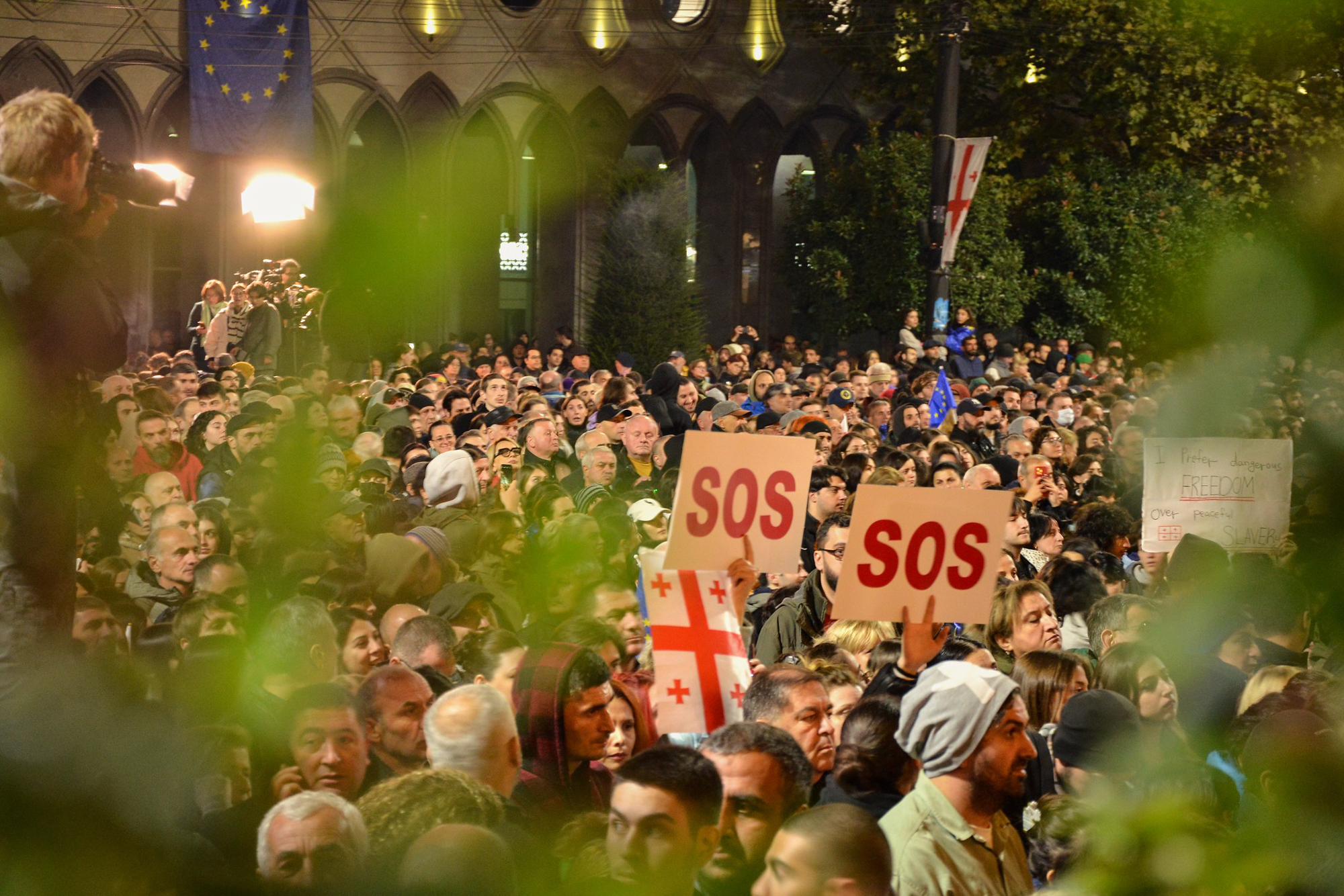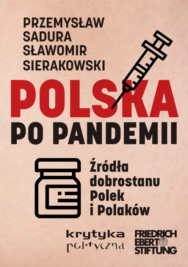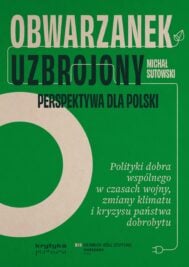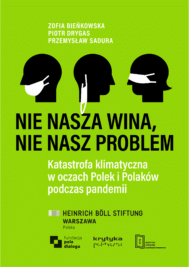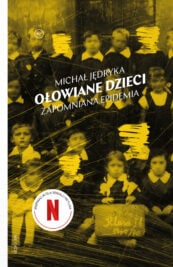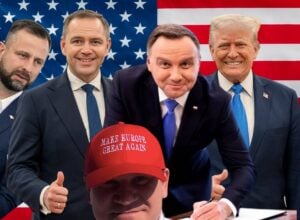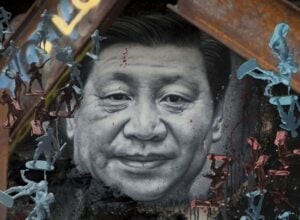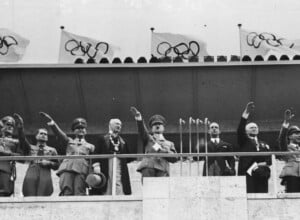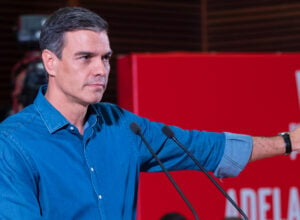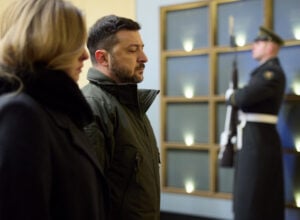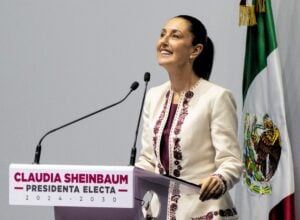Wygrała Rosja albo, jak kto woli, pokój. Według danych Centralnej Komisji Wyborczej (CKW) partia rządząca, Gruzińskie Marzenie, uzyskała rekordowe 53,9 proc. głosów, podczas gdy na cztery opozycyjne listy zagłosowało łącznie 37,8 proc. Gruzinów. Niezależne sondaże przedwyborcze i badania exit poll nie wykluczały zwycięstwa partii władzy, ale nie dawały jej aż takiej przewagi.
Gruzińskie Marzenie, partia powiązanego z Rosją oligarchy Bidziny Iwaniszwilego, doszła do władzy w 2012 roku. Obiecywała kontynuację europejskiego kursu, ale i normalizację napiętych po wojnie 2008 roku stosunków ze starszym bratem, od którego mocno zależy gruzińska gospodarka. W ostatnich latach formacja zdecydowanie zbliżyła się do Kremla. Nie potępiła wyraźnie pełnoskalowej agresji Rosji na Ukrainę i stała się hubem do omijania europejskich sankcji.
Nieformalna liderka demokratycznej opozycji i prezydentka Gruzji Salome Zurabiszwili oświadczyła w niedzielę wieczorem, że wybory parlamentarne „odbyły się pod rosyjskim wpływem” i zostały sfałszowane. Wezwała do protestów, które w poniedziałek wieczorem zgromadziły przed tbiliskim parlamentem tysiące ludzi. Przedstawiciele partii opozycyjnych ogłosili, że nie uznają przedstawionych przez CKW wyników, a zachodni politycy wyrazili rytualne zaniepokojenie.
Zachód minus zachodnie wartości
Organizacje obserwujące wybory w istocie dopatrzyły się nieprawidłowości – i to, jak twierdzi Międzynarodowe Towarzystwo na Rzecz Sprawiedliwych Wyborów i Demokracji (ISFED), na bezprecedensową skalę. Kupowanie głosów oraz wymuszanie ich na pracownikach budżetówki (tzw. wykorzystywanie zasobów administracyjnych) to w Gruzji normalka, posunięto się też do jeszcze bezczelniejszych naruszeń. Wydawano po kilka kart do głosowania jednej osobie, rekwirowano niektórym wyborcom dowody osobiste, zdarzały się nawet fizyczne ataki na obserwatorów oraz dziennikarzy relacjonujących wybory.
Niezależnie jednak od skali wyborczych nieprawidłowości warto pamiętać, że Gruzińskie Marzenie ma swój organiczny elektorat, który być może mógłby zapewnić partii uczciwe zwycięstwo. Na podstawie niezależnych sondaży można oszacować go na około 30–35 proc. społeczeństwa – to głównie mieszkańcy mniejszych ośrodków, ludzie starsi i gorzej wykształceni. Jakaś część z nich wspomina ZSRR z nostalgią, nie pociąga to jednak za sobą jednoznacznie prorosyjskich poglądów czy sprzeciwu wobec europejskiej drogi Gruzji. W badaniach opinii publicznej za członkostwem w UE opowiada się 85–90 proc. obywateli.
Jak to możliwe? Ano tak, że poparcie dla europejskiej drogi Gruzji niekoniecznie oznacza poparcie dla zachodnich wartości, prędzej tęsknotę za zachodnim poziomem czy stylem życia. Gruzińskie Marzenie nie chce zresztą tej drogi porzucić – jedno z haseł wyborczych partii brzmiało: „Tak dla Europy, ale z godnością” – czyli po orbánowsku, nie na kolanach. Przeciętny Gruzin kojarzy zbliżenie z Europą właśnie z partią władzy – to za jej rządów wprowadzono bezwizowy wjazd do UE, a Gruzja otrzymała status kandydata do członkostwa w UE.
Stosunkowo dużemu poparciu dla władzy nie szkodzi nawet bolesna drożyzna, wysokie bezrobocie czy masowa emigracja. Gruzińskiemu Marzeniu udało się wykreować w oczach wielu obywateli na gwaranta pokoju w niespokojnych czasach. W jego narracji Zachód – czyli „globalna partia wojny” – próbuje wraz z opozycją otworzyć w Gruzji „drugi front”, czyli doprowadzić do wojny Gruzji z Rosją. W jednym ze spotów wyborczych gruzińskie miasta zestawiono ze zbombardowanymi budynkami Ukrainy.
Podczas kampanii wyborczej Gruzińskie Marzenie obiecało również przywrócenie suwerenności terytorialnej kraju (tzn. powrót kontrolowanych przez Rosję Abchazji i Osetii Południowej do macierzy) oraz walkę z drugim po „globalnej partii wojny” naczelnym wrogiem Gruzji, czyli lobby LGBT+. W szerzeniu tych postulatów pomogła partii Cerkiew, zależne od władzy media oraz wyjątkowo aktywna w tych wyborach rosyjska dezinformacja.
Zbyt zmęczeni i zniechęceni, by protestować
Rozbita gruzińska opozycja okazała się w obliczu tej przewagi bezsilna. Podczas kampanii nie udało jej się wykreować przekonującej kontrnarracji ani wyrazistego lidera. Na poniedziałkowym proteście przed parlamentem jej przedstawiciele domagali się powtórzenia wyborów pod nadzorem międzynarodowej administracji wyborczej, ale szacowana na kilkanaście tysięcy osób frekwencja nie wskazuje na to, by Gruzini mieli jeszcze siłę protestować. W maju prodemokratyczne protesty zgromadziły na ulicach Tbilisi 300 tysięcy osób, czyli niemal 10 proc. ludności kraju.
Gruzińskie społeczeństwo obywatelskie wydaje się zmęczone i załamane – i trudno się temu dziwić. Władza pozostaje głucha na prodemokratyczne protesty, które odbywają się pod parlamentem przy alei Rustawelego regularnie od kilku lat, a jej lot w odmęty kremloidalnego autorytaryzmu w ostatnim czasie dynamicznie przyspieszył. W ciągu ostatnich miesięcy Gruzińskie Marzenie uchwaliło dwa wzorowane na rosyjskich prawa – tzw. ustawę o zagranicznych agentach oraz ustawę o ochronie wartości rodzinnych (zwaną ustawą anty-LGBT+). Obie – a szczególnie ta pierwsza – to cios w gruzińskie organizacje pozarządowe i niezależne media. Pojawiły się także represje w stylu rosyjskim – prodemokratyczni aktywiści zaczęli być zastraszani i bici przez „nieznanych sprawców”.
Nie wygląda na to, żeby gruzińska opozycja miała w obecnej sytuacji jakiś plan działania. Raczej nie może liczyć na wsparcie Zachodu, który ma na głowie przegrywającą wojnę Ukrainę i rozgrywaną przez Rosję hybrydowo Mołdawię. Demokratyczna Gruzja po raz kolejny w swojej historii – jak to było 1921 roku, gdy Związek Radziecki wchłonął Demokratyczną Republikę Gruzji – może stać się przeszłością.

 Wspieraj
Wspieraj 

 Wspieraj
Wspieraj  Wydawnictwo
Wydawnictwo 
 Zaloguj się
Zaloguj się 
